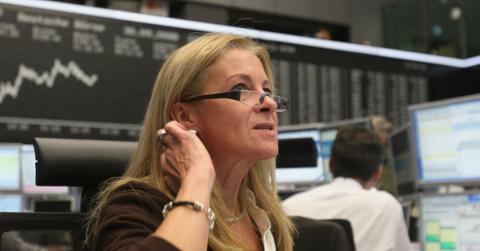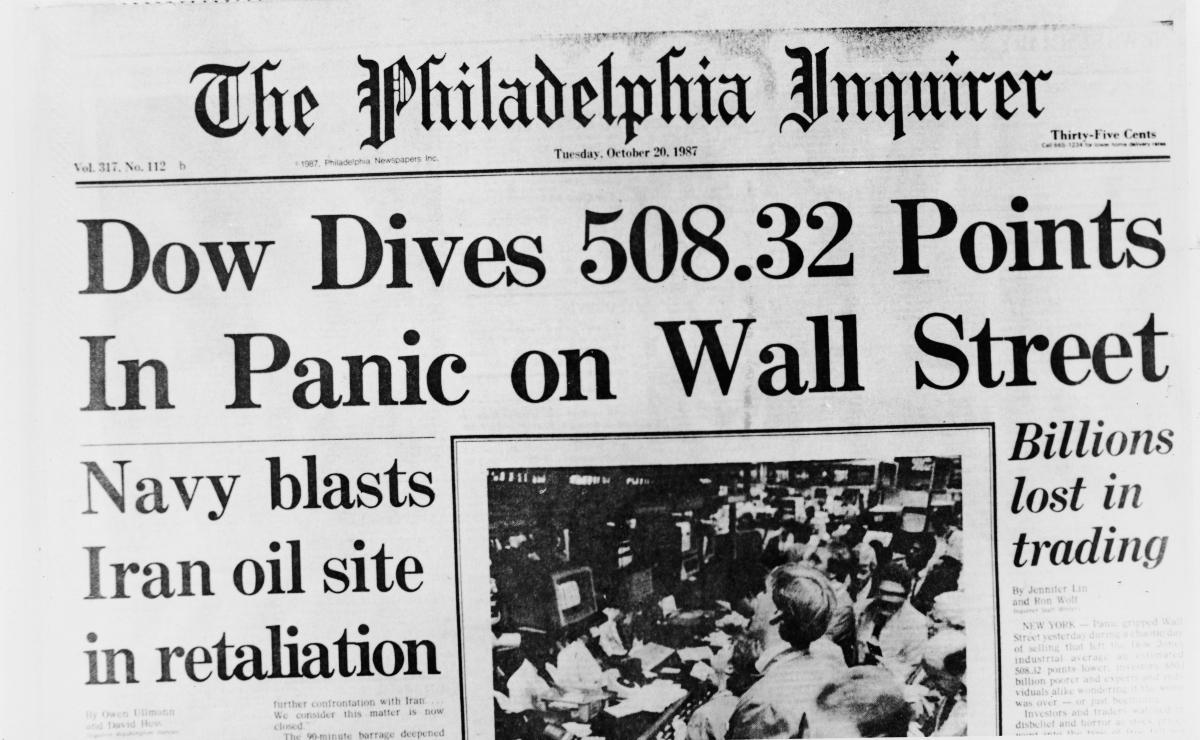What Could Cause the Next U.S. Stock Market Crash?
Many traders have been worried about a market crash. What factors could cause a U.S. stock market crash?
Nov. 22 2021, Published 12:08 p.m. ET
While U.S. stock markets have rebounded sharply from the March 2020 lows, some investors still fear a market crash. Will the U.S. stock market crash again? Here are the factors that could cause the next market crash.
While the U.S. and global stock markets never really looked back after hitting their low point on March 23, 2020, some of the leading fund managers and brokerages expected the markets to crash. Before we analyze whether markets could crash again, let’s look at the different factors that drive a market crash.
What causes a market crash?
A market crash could be caused by one or more of the following factors:
- A sudden geopolitical event
- Rising inflation and interest rates
- Lowering of earnings estimates
- Overvaluation
- An economic crisis
- A bubble in one or more parts of the economy
- An unforeseen disaster
Now, we’ll always have some of these aspects in the markets. However, the crash in markets is more severe if valuations are stretched, as they have been for the last few years. The Buffett indicator, which is the total market cap divided by the GDP, is running above 200 percent and is over twice what Buffett is comfortable at. The forward PE has also expanded and is running above historical averages.
Now, many people argue that “this time is different” since the interest rates are at historical lows. However, inflation has been sticky and has at least somewhat punctured the “transitory” narrative.
What caused previous stock market crashes
Usually, we need a trigger for a market crash. In the early 2000s, it was the dot-com crash followed by the 9/11 attacks. In 2008, it was the bursting of the housing market bubble. In the 2018 mini-crash, Trump’s trade war spooked investors. Similarly, in the first quarter of 2020, COVID-19 pandemic uncertainty led to a crash in markets.
What could cause the next stock market crash?
While a black swan event like the COVID-19 pandemic is nearly impossible to forecast, we see a lot of other factors that could lead to a market crash. Starting with geopolitics, prospects of Russia invading Ukraine or China trying to annex Taiwan by force are two potent risks.
Interest rates are set to rise and the Fed might be forced to act swiftly if inflation doesn't come down after Christmas. Also, supply chain issues and rising costs are taking a toll on corporate profitability. If President Biden decides to increase the corporate taxes that his predecessor Donald Trump cut down, it would also lead to a fall in corporate profitability.
If China is an example, the U.S. economy should also slow down in 2022. China was the fastest to recover from the COVID-19 pandemic. However, the recent economic data from the world’s second-largest economy as well as earnings of companies like Alibaba show that the V-shaped recovery is fading quickly.
Is there a stock market bubble?
There are always sections of bubbles in markets. Earlier this year, there was a SPAC bubble. Now, at least some of the EV names appear to be in a bubble. There isn't another way to justify the over $150 billion market cap that Rivian managed to achieve days after its IPO than to term it as FOMO (fear of missing out) and irrational exuberance.
Is a stock market crash imminent?
A market crash isn't imminent. The market has self-correcting properties and some of the speculative activity, especially in meme stocks and SPACs, has been addressed by market forces only.
A market crash as a possibility can't be ruled out. Corporate profitability in 2022 would face headwinds from higher costs and slowing growth. As for valuation multiples, watch out for monetary policy tightening by the Fed. If both of these factors turn out to be worse than expected, we could very well see a market crash.


